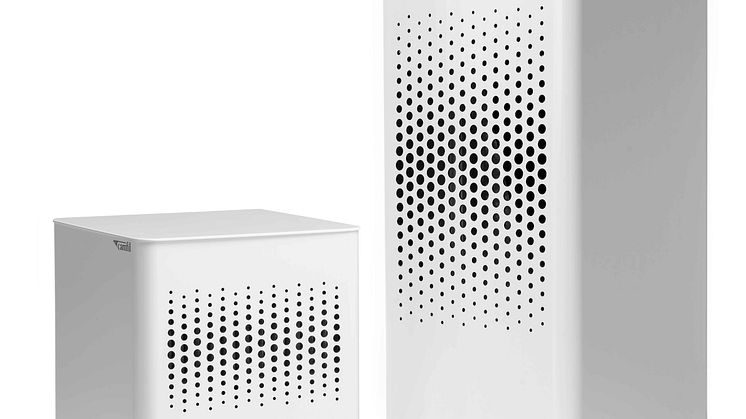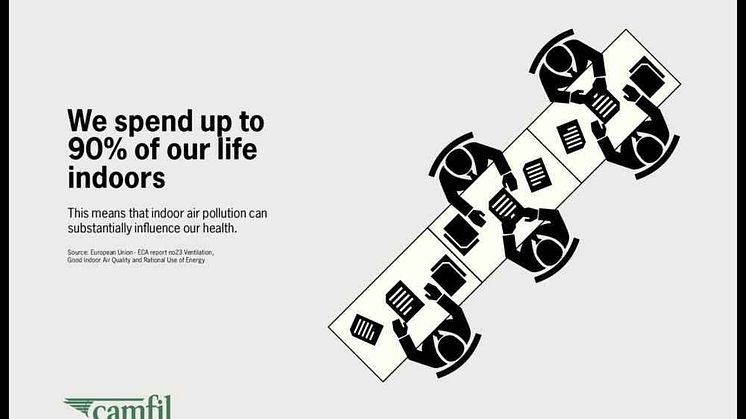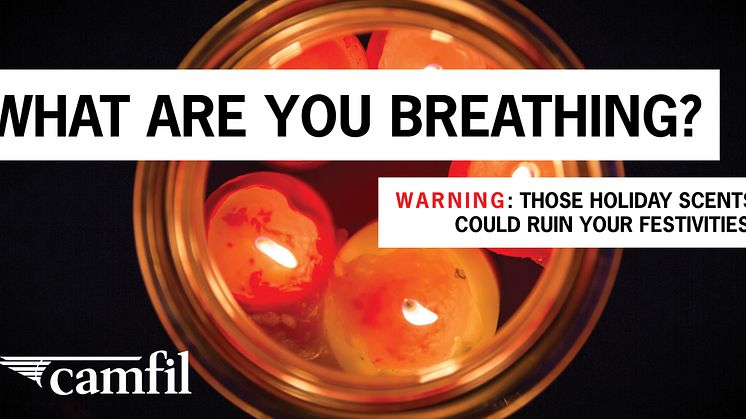
Blog post -
Spring allergies – make your home a safe haven with Camfil
While the spring is generally viewed as a positive time of the year, for some, green leaves, lush grass and pretty flowers means hay fever; the most common form of non-infectious Allergic Rhinitis(AR), affecting between *10 – 30% of adults and 40% of children.
Pollen from trees, grasses and weeds is released into the air, travelling many miles in some instances. In the nose of a hay fever sufferer, the immune system mistakenly sees this pollen as a danger, triggering antibodies that attack the allergens and histamines which are responsible for the runny noses and itchy eyes.
You might think that once inside your home your safe from the pollen, but with warm weather comes open windows - up to 57% of adults and 88% of children with AR suffer from sleep problems. Pollen aside, the home itself can be a hot bed of allergens, including pet hair and chemicals released from cleaning products, carpets and even paint. If you already have a respiratory complaint, such as asthma, this airborne debris can exacerbate the issue, with the smallest of these particles not good for any of us.
So what’s the answer? We want to enjoy the spring and nature is undoubtedly good for us overall. We love our pets and like our house to be fresh! In home air cleaners, such as Camfil’s City Air Purifiers are a great solution. Using a combination HEPA and molecular filter, air pollutants are removed, ideal for allergy sufferers and anyone looking to make their indoor environment a safe one – a popular choice for inner-city homes and businesses.
In general, in Europe at least, we are all becoming more ‘allergic’. At the moment, more than 150 million** Europeans suffer from chronic allergic diseases and the current prediction is that by 2025, half of the entire EU population will be affected. For those of us susceptible to airborne allergens, or suffering from a condition exacerbated by poor air quality, creating a clean, pollution free environment once we’re indoors will alleviate some of the discomfort.
*Pawankar R, et al, 2013)
**(EAACI, 2016)




